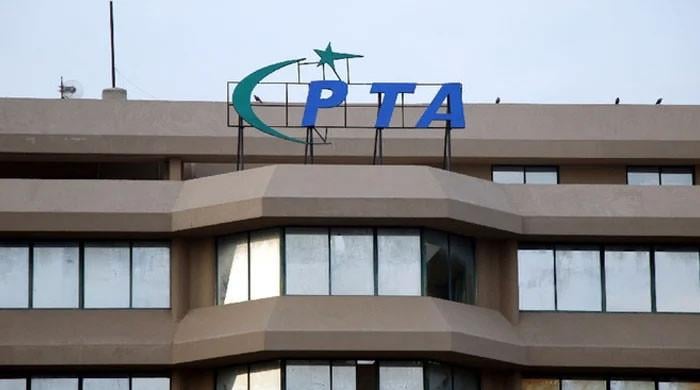Shahbaz Gill challenges sedition case filed against him in IHC
"Sedition case was filed just to satisfy political agenda of federal government," says Shahbaz Gill
August 15, 2022

- "Sedition case was filed just to satisfy political agenda of federal govt," says Shahbaz Gill.
- Accuses police of booking him at federal government's behest.
- Says that case registered against him is based on malice.
Senior PTI leader and Imran Khan's chief of staff Shahbaz Gill on Monday moved the Islamabad High Court against the sedition case filed against him, accusing the police of booking him at the federal government's behest.
In the fresh plea, Gill has sought dismissal of the FIR lodged against him, claiming that the case is based on malice.
"Islamabad Police registered the case to show its loyalty to the government. The case was filed just to satisfy the political agenda of the federal government," the plea stated.
Earlier, the IHC issued a notice to Gill on the federal government's plea against the rejection of an extension in his physical remand sought under a separate plea in a sedition case.
Islamabad Advocate-General Jahangir Jadoon on Saturday (August 13), pleaded to the court to rule out the district and sessions court's decision and grant an extension in Gill's physical remand.
The case
Gill was arrested last Tuesday afternoon from Banigala Chowk in the capital a day after making controversial remarks on a private TV channel. He was subsequently booked on charges of sedition and inciting members of state institutions against the Pakistan Army.
A treason case was registered against him at the Kohsar Police Station under several sections of the Pakistan Penal Code, including 124-A (sedition), 131 (abetting mutiny, or attempting to seduce a soldier, sailor or airman from his duty), 153 (wantonly giving provocation with intent to cause riot if rioting be committed; if not committed), 153-A (promoting enmity between different groups, etc), and 505 (statements conducing to public mischief), 506 (punishment for criminal intimidation), among others.











